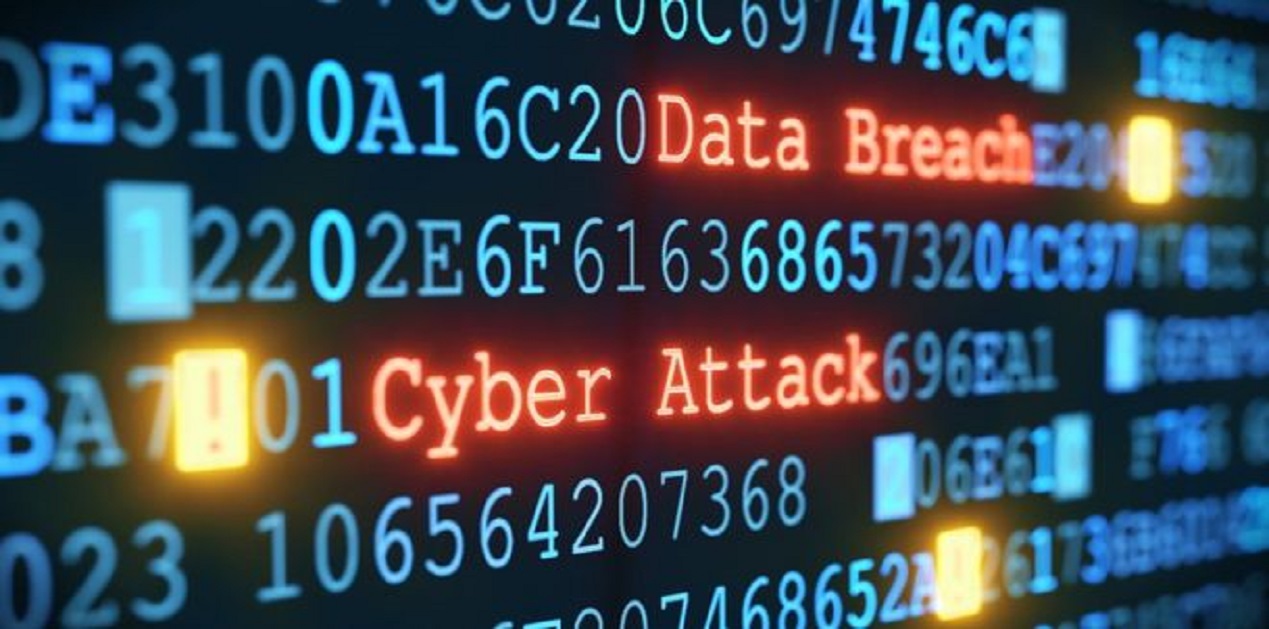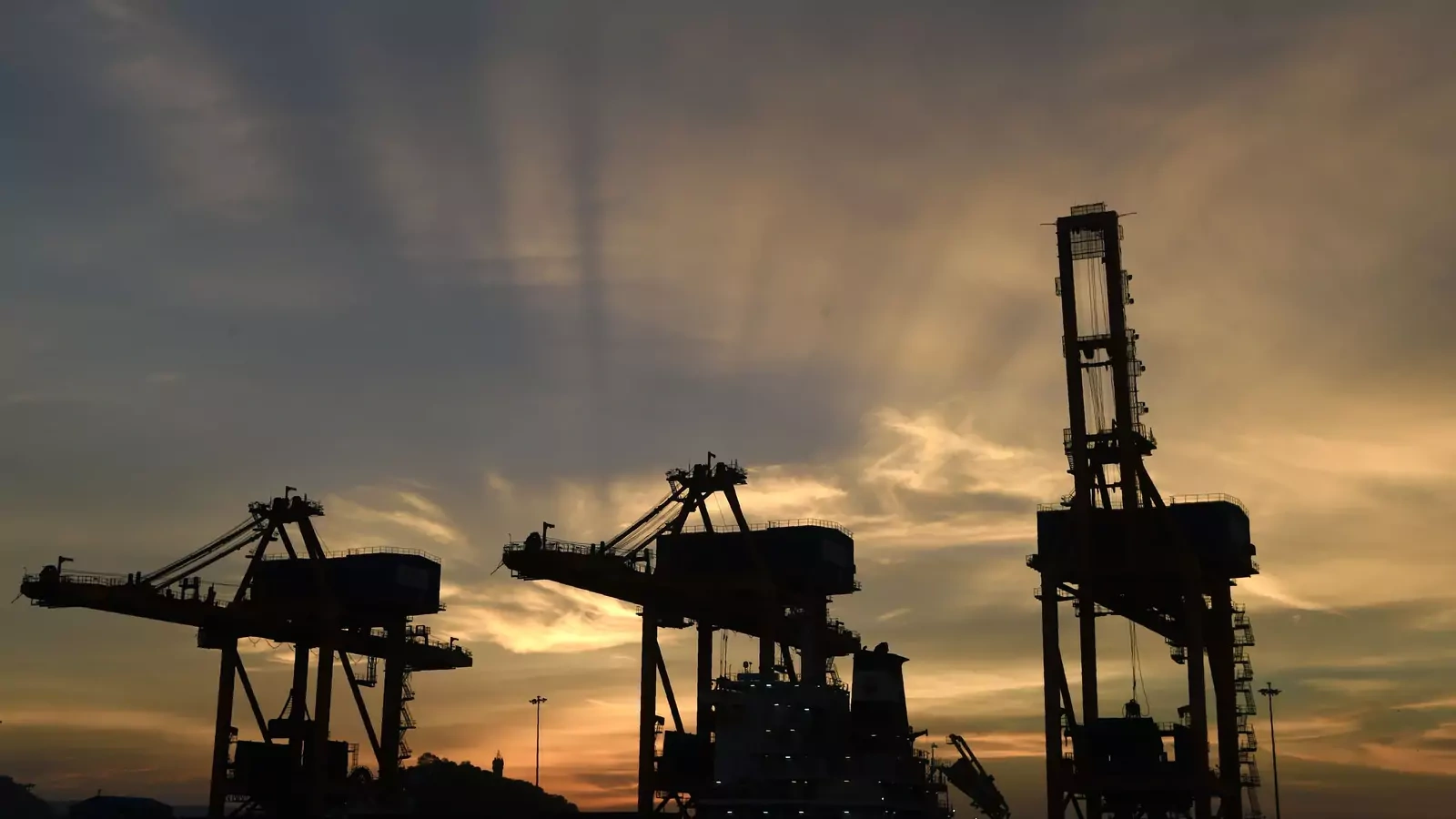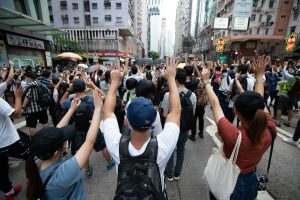By KATHY GANNON
 ISLAMABAD (AP) — The Taliban have put the son of the movement’s feared founder in charge of their military wing and added several powerful figures to their negotiating team, Taliban officials said. The shake-up, one of the most significant in years, comes ahead of expected talks with Kabul aimed at ending decades of war in Afghanistan.
ISLAMABAD (AP) — The Taliban have put the son of the movement’s feared founder in charge of their military wing and added several powerful figures to their negotiating team, Taliban officials said. The shake-up, one of the most significant in years, comes ahead of expected talks with Kabul aimed at ending decades of war in Afghanistan.
As head of a newly united military wing, 30-year-old Mullah Mohammad Yaqoob brings his father’s fiercely uncompromising reputation to the battlefield.
Equally significant is the addition of four members of the insurgent group’s leadership council to the 20-member negotiating team, Taliban officials told The Associated Press.
The shuffle, overseen by Taliban leader Mullah Hibatullah Akhunzada, is meant to tighten his control over the movement’s military and political arms, the officials said on condition of anonymity because they were not authorized to discuss the inner workings of the Taliban.
Analysts say the shake-up could be good news for negotiations with the Afghan political leadership, and a sign of how seriously the Taliban are taking this second — and perhaps most critical — step in a deal Washington signed with the insurgents in February.
“I’d say it appears to be a positive development because the Taliban are creating a delegation that seems more senior and more broad-based than they’ve used to date, or than might be strictly necessary for the opening stages of talks,” said Andrew Wilder, vice president of the Asia Program at the Washington-based U.S. Institute of Peace.
 Immediately after the first gulf war in the early 1990’s the theories of Revolution in Military Affairs (RMA) and Information Warfare were being studied all over the world as a new kind of warfare. During that time, a course on Information Warfare was conducted at the National Defense University of USA. The course participants were from senior officers of the armed forces, representatives of Department of Defence and Department of State and policy makers from the government. Rand Corporation of US was conducting this course. Continue reading.......
Immediately after the first gulf war in the early 1990’s the theories of Revolution in Military Affairs (RMA) and Information Warfare were being studied all over the world as a new kind of warfare. During that time, a course on Information Warfare was conducted at the National Defense University of USA. The course participants were from senior officers of the armed forces, representatives of Department of Defence and Department of State and policy makers from the government. Rand Corporation of US was conducting this course. Continue reading.......















